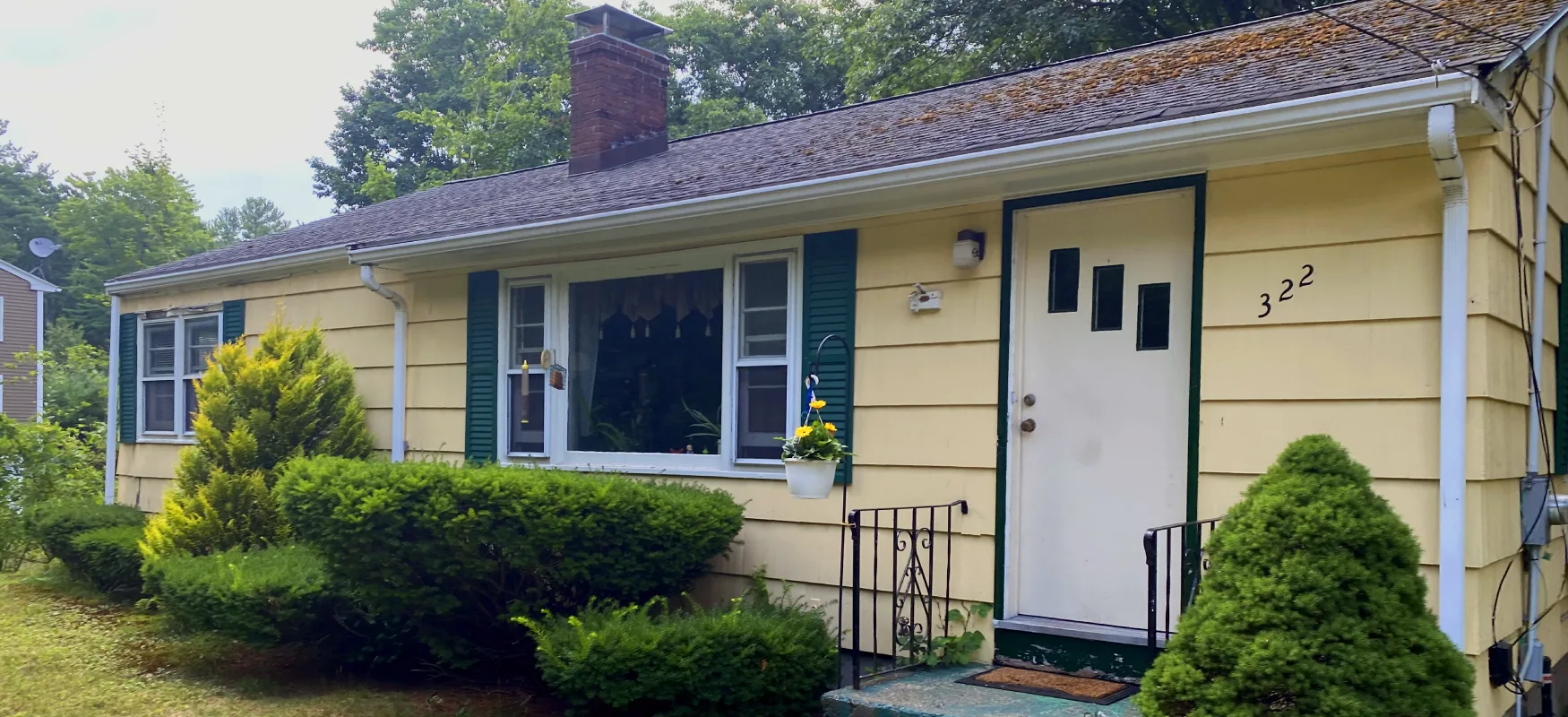The tax consequences when selling an inherited house in Massachusetts can be hard to understand and take a lot time to sift through.
The relevant laws may seem fairly simple at first glance, but they get complicated when you factor in all the legal conditions and nuances. The short version is that if you made gains, you’ll owe taxes, and if you had a loss, you may have a tax deduction.
But then it gets complicated because whether you made a profit or had a loss also depends on when the decedent died and the use you made of the house.
What Are the Tax Consequences When Selling an Inherited Home in Massachusetts?
Capital Gains or Tax Losses
The tax consequences when selling an inherited home in Berlin or any other city in Massachusetts can include being subject to capital gains taxes. Capital gains or losses are those that stem from the sale of items you use for personal or investment purposes, such as stocks or a house. So for income tax purposes, the sale of an inherited house in Berlin is treated as a capital gain or loss.
The catch with selling an inherited house is that a gain or loss is considered a long-term gain or loss. Further, losses on personal property cannot be claimed as a tax deduction. So if you ever used the inherited house as your personal home, it became personal property, and you can’t deduct a loss if you sell it.
Reporting your Inherited House for Taxes
In some cases, the executor has to file an estate tax return to report the inherited house. But this is only if the estate exceeds the inflation-adjusted exemption amount. As you can see, things can get complicated very quickly!
The determination of the gain or loss on a house sale depends on the “basis” of the house. As the basis goes higher, the taxable gain from a sale decreases. There are, however, different rules for the sale of an inherited house that allow for a special stepped-up basis which is in more detail below.
What does “Basis” Determination mean?
The basis of the house depends largely on when it was inherited. In general, the basis is the fair market value on the date of the decedent’s passing. What this means is that the capital gains taxes you owe are based on gains above the property value at the time of the decedent’s death – not what the decedent paid for the house or the current value of the home if a period of time later.
If you never lived in the house and if it sells for less than what the fair market value was at the time of death, then you have a deductible loss. Just be aware that only $3,000 of such losses can be deducted each year against your ordinary income. Anything above that $3,000 will have to be carried over as deductions in future years.
Tax Reporting for the Sale of Inherited Property
Evidently, when selling an inherited property, you must declare the transaction, including gains or losses, when filing your income tax return. To ascertain the gain or loss, subtract the basis from the proceeds of the sale.
For accurate reporting, utilize the standard document designed for this purpose: the IRS Schedule D. Additionally, incorporate the gain or loss into your personal Form 1040 tax return. Ensure the use of Form 1040, not Form 1040A or Form 1040EZ, for the year in which the inherited property was sold. A list of MA tax forms here. And don’t forget to seek the guidance of your accountant!
Comprehending the intricate tax implications tied to the sale of an inherited property in Massachusetts often poses a formidable challenge. Engaging the expertise of a professional to navigate these complexities is highly advisable.
Naturally, when you sell an inherited house, you have to report the sale (and gains or losses) when you file your income tax return. To calculate the gain or loss, you have to subtract the basis from what you received for the sale.
To report the gain or loss, you need to use the standard document for this purpose, the IRS Schedule D. You also have to include the gain or loss on your personal Form 1040 tax return. Make sure you use the Form 1040 (and not the Form 1040A or Form 1040EZ) for the year in which you sold the inherited house. And make sure that you contact your accountant!
Understanding the tax implications of selling an inherited house in Massachusetts can often prove challenging and intricate so it is best to contact a professional. Although the applicable laws may appear straightforward initially, they become very detailed once you factor in the various legal stipulations and subtleties. In brief, if you’ve realized gains, taxes will be owed, while in the case of a loss, a potential tax deduction might be available. I know, sounds like gibberish right?
However, matters become convoluted due to the additional variables of the deceased person’s date of death and the usage history of the house. (If the usage was “grandfathered” in by the particular town, it’s likely that use will cease after the passing of the owner).
The tax consequences when selling an inherited home in Massachusetts can be complex and difficult to understand at best. It’s always a good idea to find a professional to help you navigate the tax waters.

